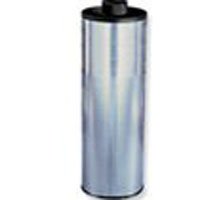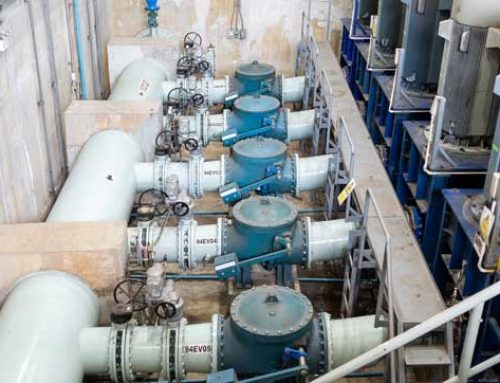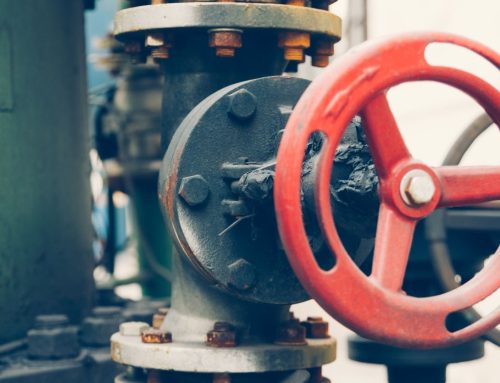In this article, the industrial filtration experts at Advanced Filtration in New Jersey are going to take a look at a common, though not always understood, mechanism that occurs frequently in manufacturing: vacuum systems and vacuum pumps. In common use, people think of vacuums for cleaning their carpets or vacuum sealing food, but in fact, vacuum pumps have a huge application in industry all over the world.
What Industries Use Vacuum Pumps?
Tons of different industries use vacuum pump systems and filters, from packaging and medical to chemicals and plastics. Food & bev uses vacuum systems, as do the mining and pharma industries. Electrical power is also a huge consumer of these materials, and we carry a lot of products to meet this need. For example, one of our largest partners, Kaydon Filtration, is our banner line to the power generation industry and includes hydraulic, turbine oil, and coolant filtration; clean fuel filters and filterdyne equipment; and of course, vacuum systems.
There are different types of vacuum pump systems, from gas transfer pumps (the two kinds being kinetic and positive displacement pumps) to entrapment pumps. Generally speaking, most vacuum pumps work using the same technique, or operating principle; that is, to move molecules of one substance (typically air or another gas) from one vacuum chamber to another by creating a difference in pressure between the two locations. If you think of a vacuum pump like a home vacuum cleaner, which removes debris from a carpet, an industrial vacuum pump is doing the same thing, but instead removes gas or liquids from one chamber to another.
Vacuum Pump Filters
In addition, a crucial component of a properly functioning industrial vacuum system is a vacuum pump filter, which will restrain dust and other particulate matter from leaving — or entering — the pump and ruining or soiling the other parts of the your equipment.
Vacuum Sources
Most vacuum pumps work on one of three sources: a setup, a momentum transfer, or a positive displacement. The momentum transfer can produce powerful vacuum condition, but they need large amounts of energy to get the job done fast and successfully. A vacuum pump is designed by rotating faster movements. Once the pump picks up the signals, it will move rapidly so the gas molecules can gain pressure. When the pump has the correct pressure, the tank detaches by the designed regulator, while any swap of gas between the pump and the container is stopped by the regulator.
With good engineering and proper upkeep, industrial vacuum systems will last for a good amount of time; however, we recommend that you change out the filters with good regularity. As with all aspects of industrial filtration and manufacturing, proper maintenance is the key to longevity. This reduces expense in the long run, and, more importantly cuts down on headaches for your employees.
Contact Us For Your Materials Needs
Choosing a vacuum pump for your specific job will depend on your desired vacuum level, the setup of your factory or power generation station, and other needs, but we’re confident that Advanced Filtration has the materials to get the job done. Call us today at 732-901-6676 to see how we can help.







